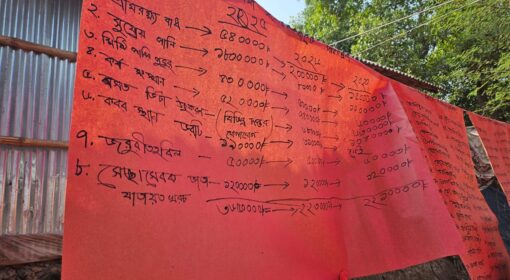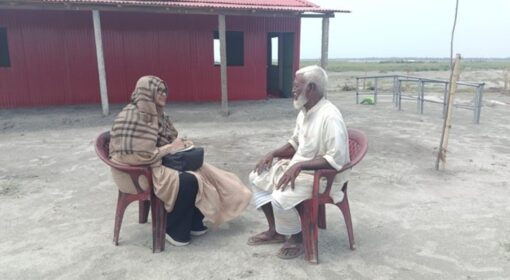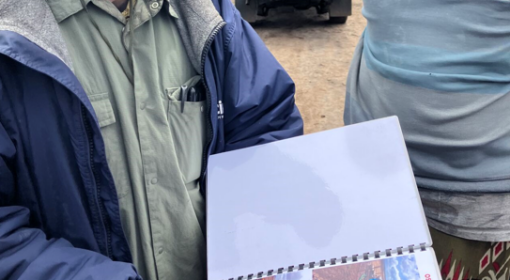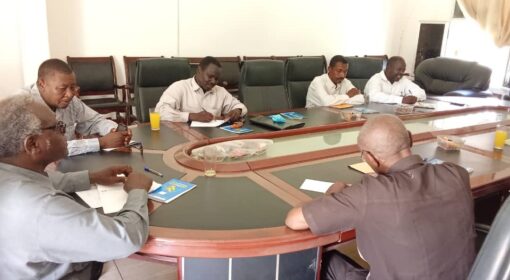By Friendship NGO, Bangladesh.
This blog is part of a dossier on locally-led adaptation, featuring insights and lessons from the Reversing the Flow (RtF) program. RtF empowers communities in Bangladesh, Burkina Faso, Ethiopia, Kenya, and Sudan to build climate resilience through direct funding and a community-driven, landscape approach.
This blog is part of a dossier on locally-led adaptation, featuring insights and lessons from the Reversing the Flow (RtF) program. RtF empowers communities in Bangladesh, Burkina Faso, Ethiopia, Kenya, and Sudan to build climate resilience through direct funding and a community-driven, landscape approach.
The chars, temporary river islands shaped by the Brahmaputra River, are among Bangladesh’s most climate-exposed areas. Frequent flooding and erosion displace families, destroy assets, and disrupt livelihoods. Over a million people live across these shifting landscapes with limited access to formal services.
Under the Reversing the Flow (RtF) program, 20 char communities have established Community Information Centers (CICs) to lead their own local development. Together, these CICs form a common advocacy platform known as the Project Steering Committee (PSC), a space where community representatives and Union Parishad members jointly plan, review, and make decisions to strengthen local resilience.
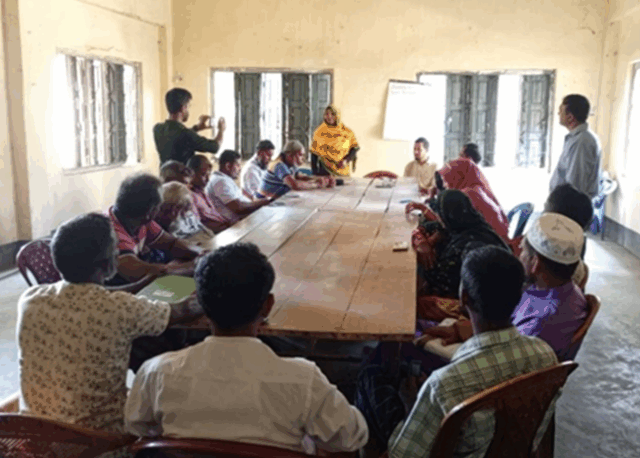
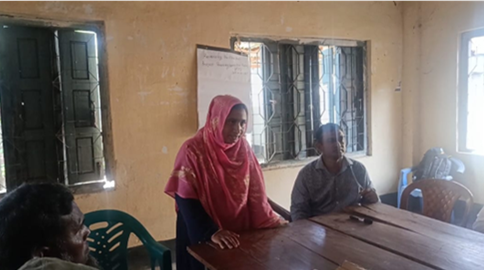
Recently, one such PSC meeting brought together 28 participants, including three female Union Parishad members and the Chairman himself. Women leaders shared powerful reflections on how their participation has changed perceptions in their villages people now approach them for advice, mediation, and community problem-solving. Their voices are no longer on the sidelines; they are shaping the local agenda.
Discussions during the session focused on transparent management of community funds, improving asset monitoring, and ensuring accountability through regular updates and shared decision-making. Members agreed to continue these participatory meetings to ensure quality implementation and to bridge the gap between communities and local institutions.
The PSC model under the RtF program is proving that when women lead, communities listen and when communities decide together, adaptation becomes sustainable.
